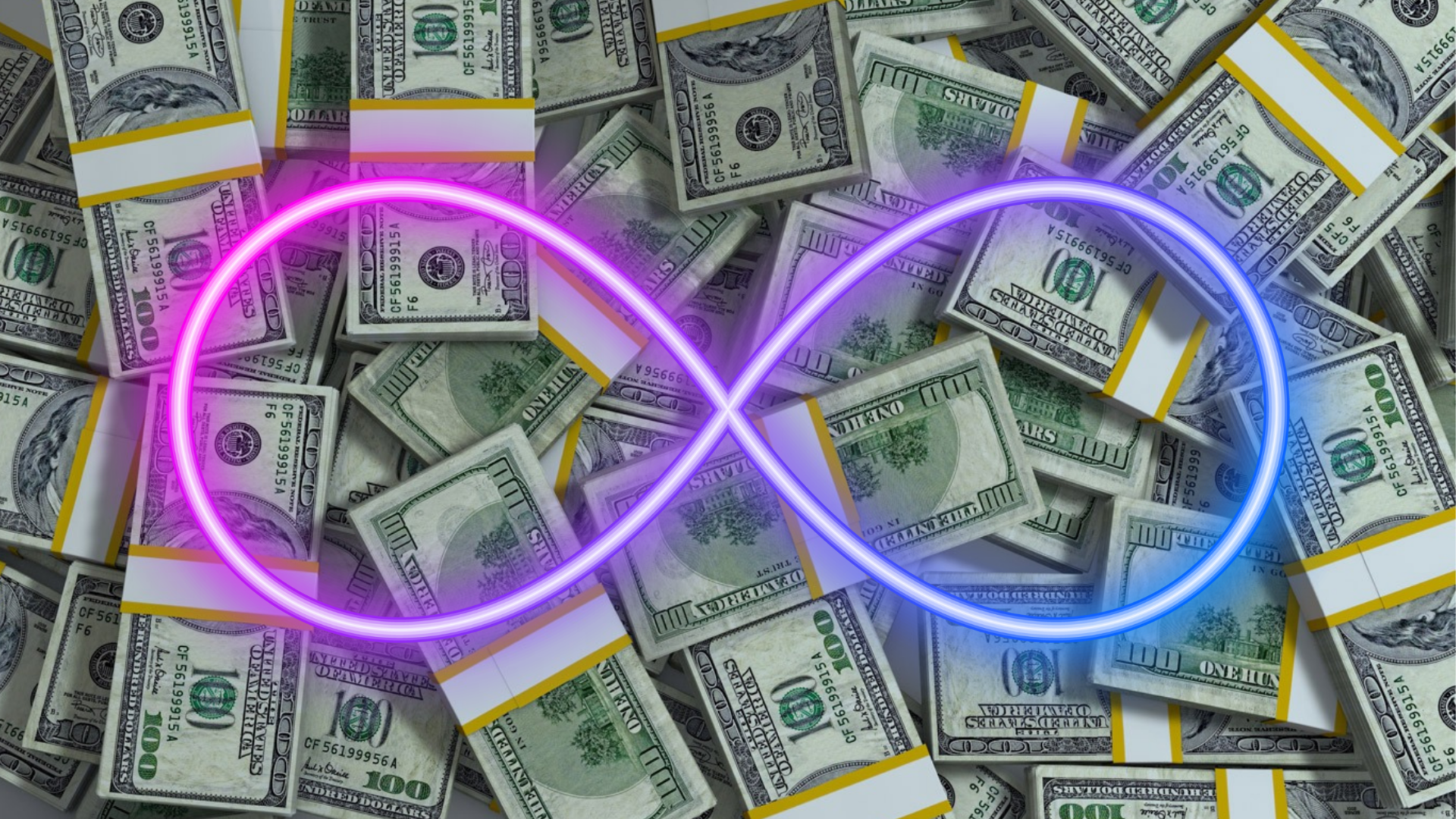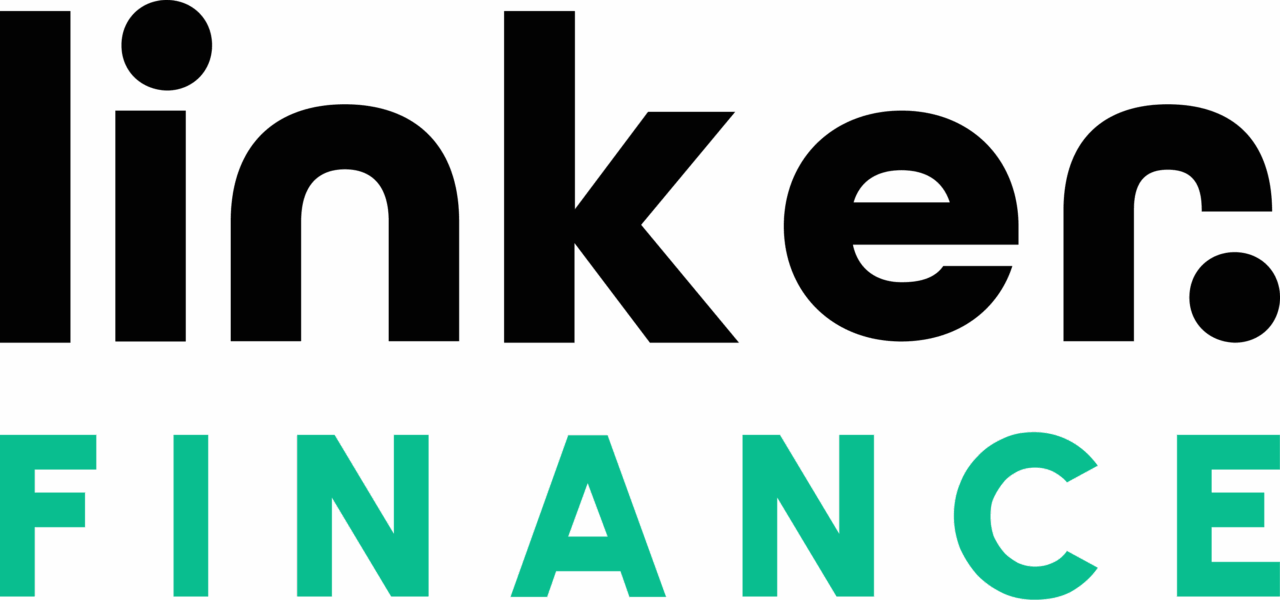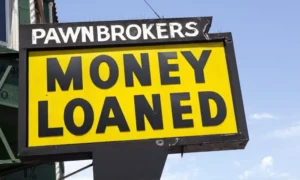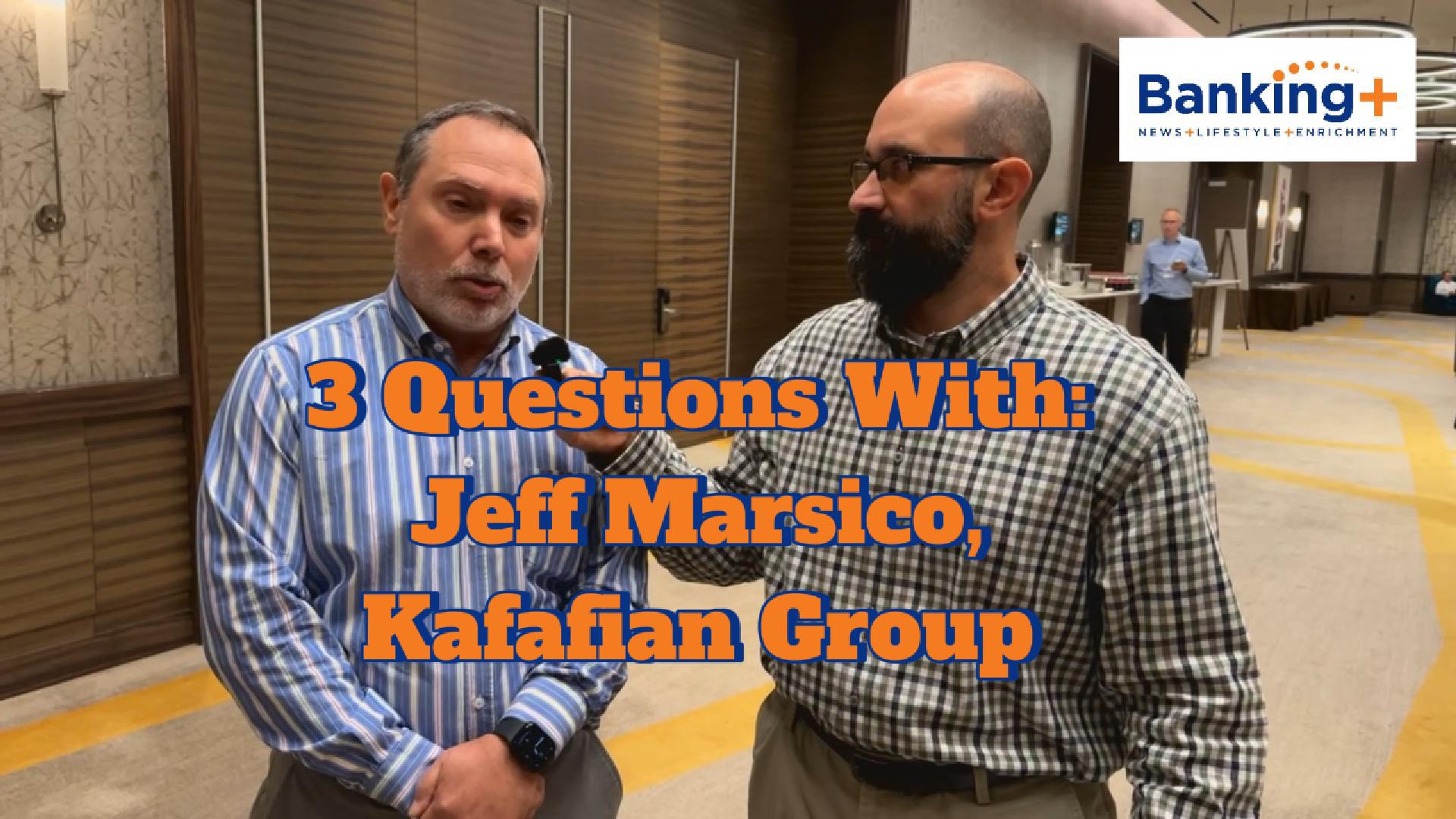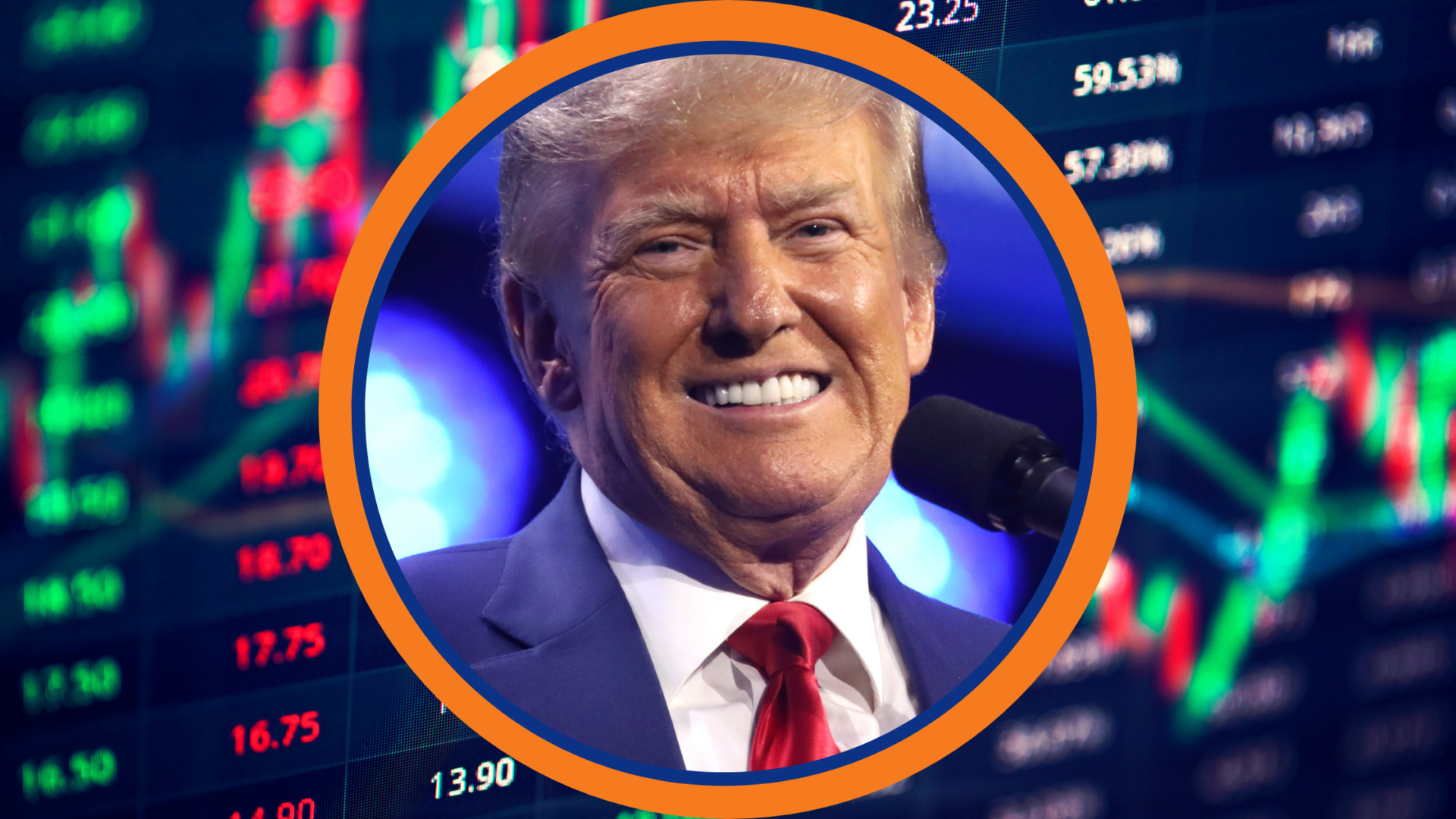JPMorgan Chase is ramping up its legal offensive against individuals and businesses who allegedly exploited a viral ATM deposit scheme known as the “infinite money glitch.” The disastrous technical hiccup, which surfaced on social media in mid-2024, enabled users to deposit bogus checks at ATMs and withdraw funds before the checks cleared. JPMorgan claimed that the loophole led to millions of dollars in fraudulent losses.
Lawsuits Filed by JPMorgan Chase
As reported by Gabrielle Saulsbery at Banking Dive, JPMorgan has filed lawsuits in several states, including Texas, California, and Florida. One high-profile defendant, Houston resident Timipah Ikemi, is accused of depositing a counterfeit $335,000 check and withdrawing about $290,000 before the fraud was detected. Court filings reviewed by Banking Dive allege Ikemi was “well aware” that the check was invalid when he initiated the deposit.
In California, JPMorgan has also sued a man named Micah Reed, who ostensibly deposited two fraudulent checks and withdrew over $90,000 before the bank flagged the activity. Additionally, two Florida businesses—Riskboss Musiq and In and Out Appliances—have been named in lawsuits for similar alleged misconduct, according to Banking Dive’s reporting.
Civil and Criminal Remedies in “Infinite Money Glitch” Fraud
JPMorgan Chase spokesperson Drew Pusateri told NBC New York, “Fraud is a crime that impacts everyone and undermines trust in the banking system. We’re pursuing these cases and actively cooperating with law enforcement to make sure if someone is committing fraud against Chase and its customers, they’re held accountable.”
In addition to civil litigation, JPMorgan Chase has referred cases to law enforcement agencies across the country. Also noted by NBC New York was the bank’s active cooperation with law enforcement to ensure that individuals committing bank fraud are held accountable.
TikTok’s “Infinite Money Glitch” Viral Spread
The broader implications of the malfunction were explored in an article in The Register. It explained that the flaw in ATM check processing was widely exploited after going viral on TikTok and other social media platforms. The “infinite money glitch” hashtag encouraged users to rapidly deposit fake checks and immediately withdraw cash, betting that the bank’s systems would not catch the fraud before funds were dispensed.
The incident demonstrates the persistent vulnerability of check processing in a digital age. Among other authorities on this issue, the Association for Financial Professionals (AFP) reported for OrboGraph that in 2020, 66 percent of all fraud originated from paper checks.
Even as paper check usage declines, banks remain exposed to certain types of fraud that exploit the lag between deposit and verification, a fact that has been exacerbated by technological and procedural gaps.
Banks Reassessing Risk Management After the ATM Exploit
JPMorgan’s aggressive legal strategy could have ripple effects across the banking industry. Financial institutions will likely reassess their risk management and fraud detection protocols in light of how quickly and broadly this exploit spread through social media.
The incident also serves as a reminder of the reputational risk banks face when viral trends encourage criminal behavior at scale.
Ultimately, this situation illustrates both a technological and a cultural challenge: While banks must upgrade their systems against fraud, they must also contend with a digital landscape where bad actors can rapidly mobilize others through online platforms.
As JPMorgan Chase continues to recover funds and pursue those who profited from the glitch, other banks are surely watching and learning.

